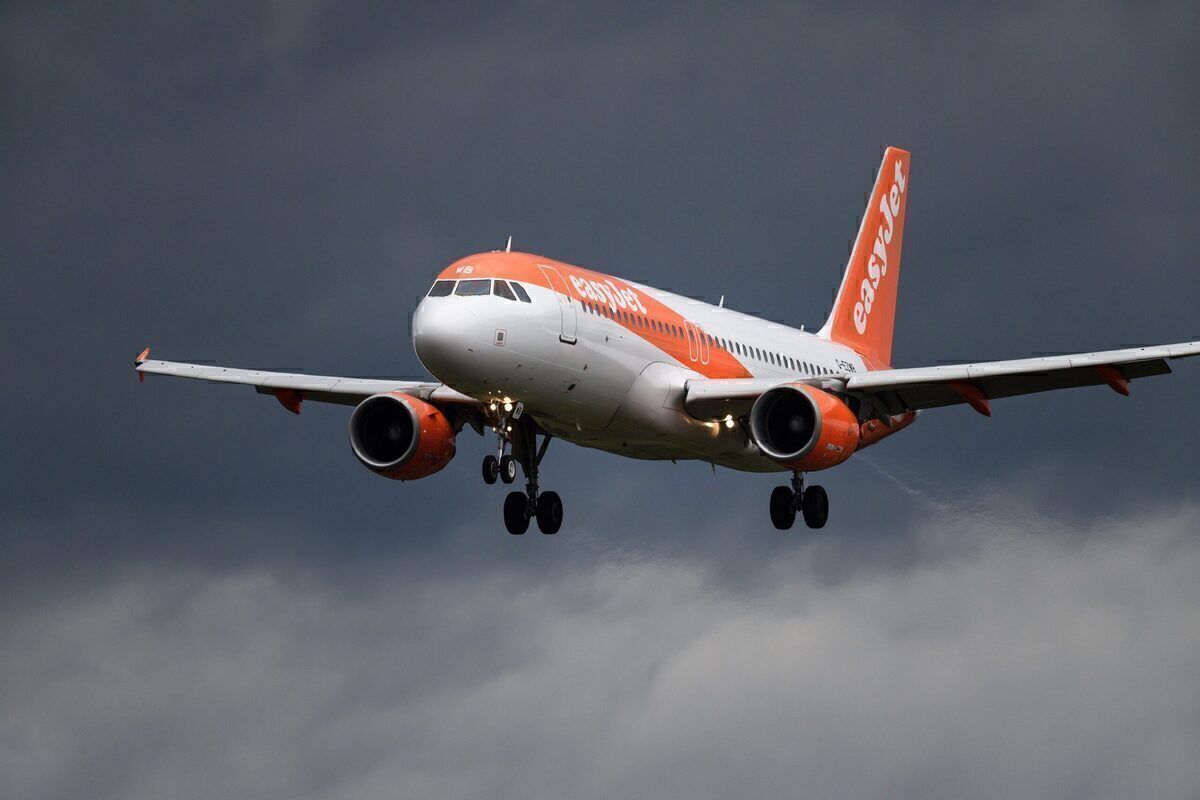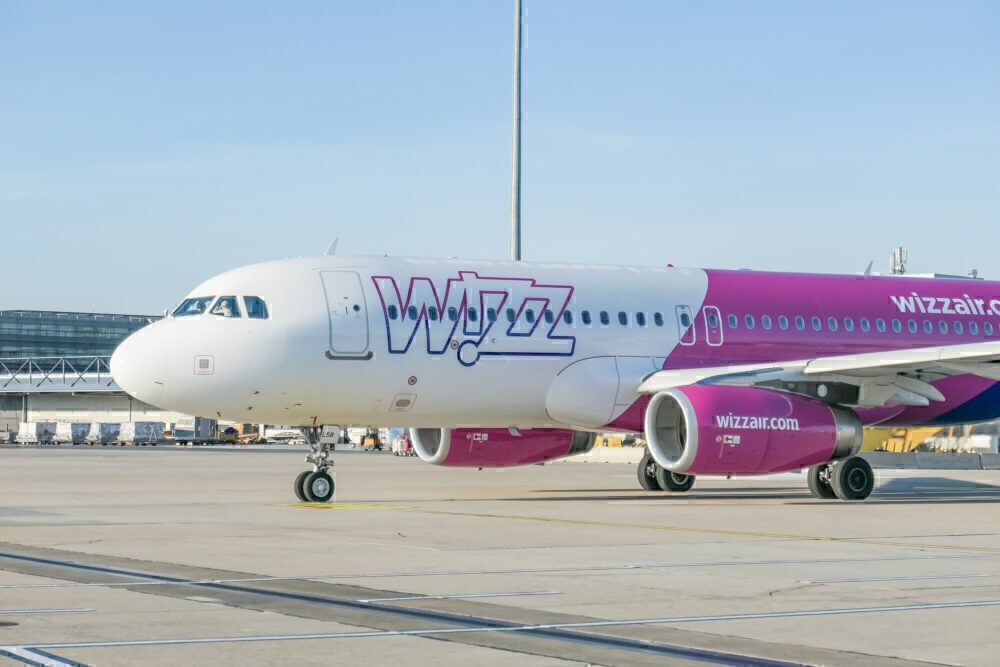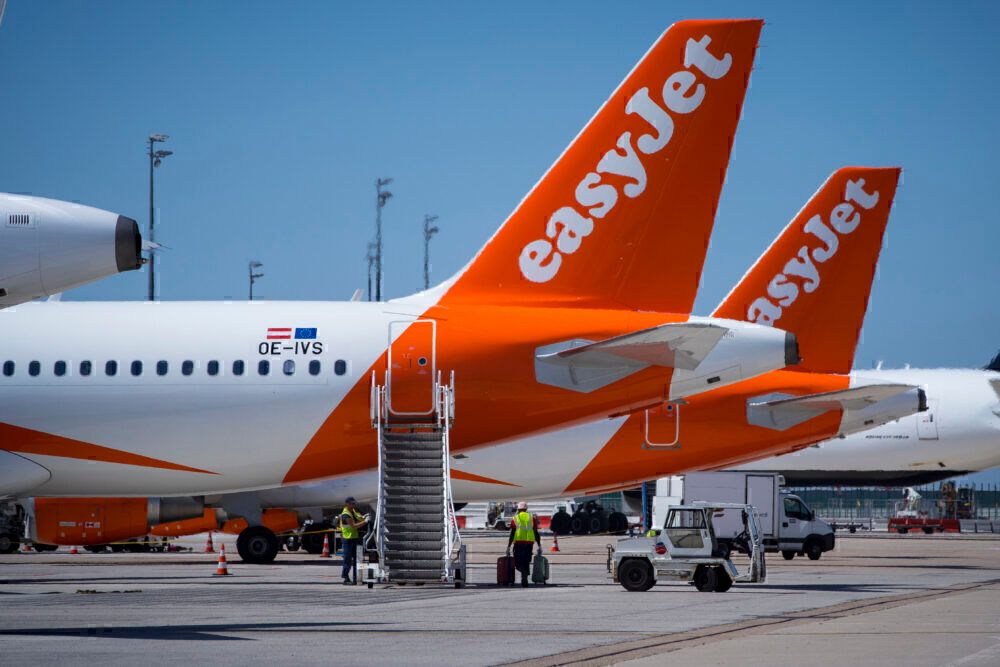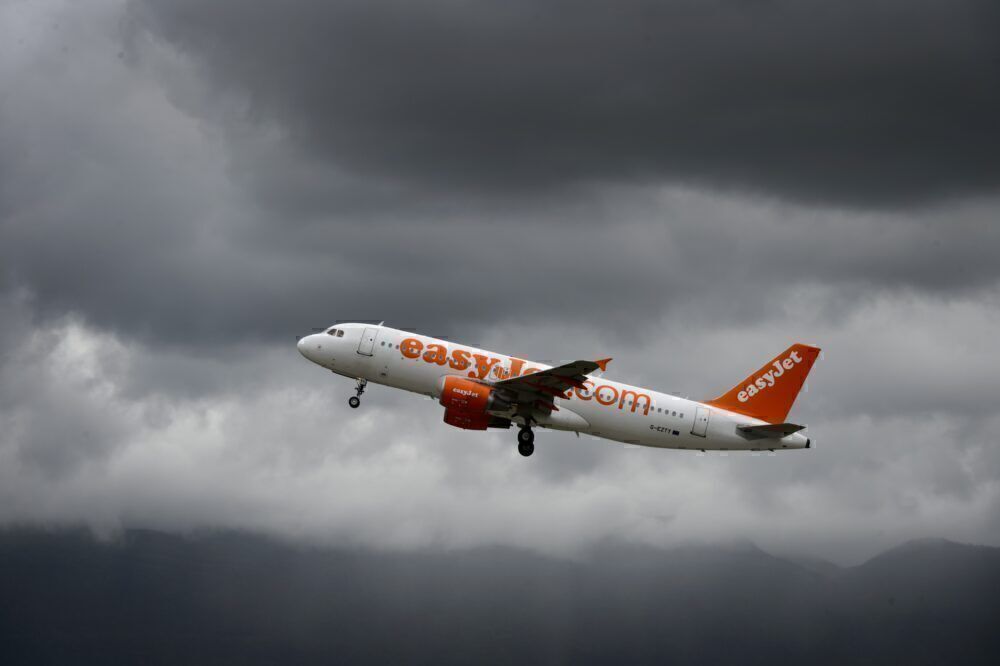easyJet CEO Johan Lundgren said today that the airline had ‘done a deal’ with Norwegian on its London Gatwick slots for summer 2021. Indeed, it seems the airline has acquired 87 new slots, along with taking back a further 35 of its own. He further commented that the airline is still leaving the door open for more sale and leaseback transactions.
easyJet snags stacks of slots from departing Norwegian
For many years, easyJet has been the biggest airline at London’s Gatwick Airport. In 2018, it accounted for 43.3% of the airport’s slots, with Norwegian and BA taking 19% and 10.5%, respectively. With Norwegian pulling out of long-haul operations, a large number of slots have suddenly become available.
When Thomas Cook collapsed, easyJet was quick to pounce on the extra availability at Gatwick. All in, it parted with £36 million to secure slot pairs at Gatwick and also at the UK’s Bristol airport. Speaking at CAPA Live today, easyJet CEO Johan Lundgren revealed that easyJet has also snapped up the vacant spaces left by Norwegian, saying,
“We acted on taking on the Thomas Cook slots in Gatwick. We’ve now done a deal with Norwegian.”
According to Airport Coordination Limited’s slot swap filings, easyJet has secured an additional 122 slots at Gatwick for next summer, thanks to Norwegian’s departure. 35 of these were already easyJet slots, which it was leasing to the competitor airline. However, 87 are new slots that were either leased or sold to easyJet by Norwegian.
No detail on how much money exchanged hands has been revealed.
Slot waivers stifling competition is ‘nonsense’
easyJet’s dominance at Gatwick has made it difficult for new entrants to gain a foothold. Wizz Air opened a base there in the summer last year, but was forced to start small due to a lack of available slots.
The Wizz Air CEO has frequently vocalized his frustration with current slot waiver rules. The waiver in place, which has recently been extended for the summer 2021 season, means airlines don’t have to adhere to the usual operational requirements of slot ownership. He says that this is stifling competition at the London airport, commenting last November,
“It’s almost criminal to hold the slots they don’t have any intention to operate.”
Today, Lundgren hit back at the comments from Wizz, saying it was a ‘nonsense’ argument to make. He stated,
“That argument is complete nonsense, that [slot waivers] are restricting competition. They can fly as much as they want … Slots are handed back when we don't fly them so everybody can fly them.”
The easyJet CEO went a step further, saying that slot waivers were absolutely necessary to avoid airlines operating ‘ghost flights’ just to hold their position at Gatwick. He said,
“The whole idea that we would be forced, or any airline would be forced, in order to keep their slots to fly around empty. That is an awful proposition. From a sustainability point of view, it bears no social responsibility.”
With more than the lion’s share of slots at London Gatwick, easyJet is a marked beneficiary of the current waiver in place. That could work well for the airline if recovery begins in time for the winter season. However, if the recovery slows and the waiver is not extended, there’s a risk the airline could end up having some of its slots taken away.
Fleet ownership could further reduce
Throughout the pandemic, easyJet hasn’t been shy to undertake sale and leaseback deals to secure the capital it needed for survival. Although several deals have been made, the airline still owns 50% of its fleet at the present time, with 40% unencumbered.
Lundgren said that the airline had secured some good deals on its refinancing and that it had raised over £4.5 billion since the start of the pandemic through cost-cutting and other activities. However, he hasn’t ruled out undertaking more sale and leaseback transactions to bolster its future capital requirements. He commented,
“We still have the opportunity. But we want to weigh up that alternative compared to a number of other options that are out there. But we have been really pleased with the deals that we've had on the SLB transactions that we have done to date.”




